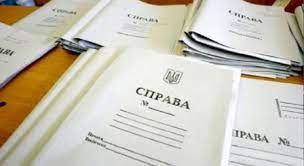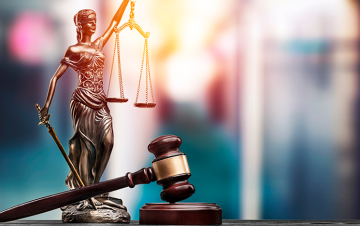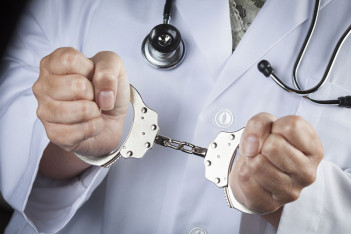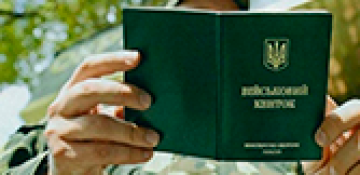Lawyer with 15 years of legal experience, specialization: family and civil law, inheritance, contract law, criminal cases, administrative cases, cases involving foreigners, migration law
The role of evidence in litigation in Ukraine is critical to ensuring a fair resolution of cases. Evidence serves as a basis for formulating court decisions and plays an important role in establishing facts, determining guilt or the legal relationship between the parties. Let's look at this topic in more detail.
Gathering evidence
Gathering evidence is one of the first stages of preparing for a trial. The lawyer plays a key role in this process, as he is responsible for a thorough analysis of the facts and legal aspects of the case. He or she works with the client, examines all available documents, interviews potential witnesses and uses other legal methods to gather the necessary evidence. The lawyer's role is also to identify possible problematic aspects of the evidence and determine the strategy for its use in court.
Admission of evidence
At the trial stage, the court considers the evidence that has been collected by the parties. The court decides which evidence will be admitted and which will be rejected. This may include discussing the legality of the evidence, its reliability and relevance to the case.
At the stage of admitting evidence, a lawyer acts as a defender of his client's interests before the court. He or she presents arguments for the admission of all necessary evidence and directs efforts to reject inadmissible evidence that may be unfavourable to the party. The lawyer uses his professional knowledge and experience to convince the court of the significance of the evidence presented and to influence the process of its admission.
Evaluation of evidence
The court evaluates each piece of evidence separately and in the context of the overall picture of the case. It takes into account aspects such as the reliability of the evidence, its consistency with other evidence and its compliance with legal standards. The court may also take into account expert testimony and other circumstances that affect the weight of the evidence.
The role of a lawyer in the evaluation of evidence is to prepare reasonable arguments regarding the weight and reliability of the evidence presented. He or she analyses each piece of evidence, checks its compliance with legal standards, and influences the court to take these aspects into account when making a decision.
The role of experts
Experts can make an important contribution to the judicial process by providing their expert opinions and conclusions on certain issues. Their testimony can be crucial in establishing the facts of the case and evaluating the evidence.
The importance of evidence for a court decision
A court decision is based on an objective analysis of the evidence and determination of the facts. Evidence found by the court to be reliable and relevant forms the basis for a decision. This may include accepting or rejecting the claim, determining the amount of compensation, or considering other issues related to the case.
Litigation strategy
A lawyer develops a litigation strategy based on the evidence collected, risk analysis and his or her professional knowledge. He or she determines what evidence to emphasise, what arguments to put forward, and how to manage the trial to achieve the best possible outcome for his or her client. The lawyer also ensures that the evidence is presented in the most convincing light and defends its validity and relevance before the court. In addition, the lawyer carries out: protection of dignity, lifting of arrest, representation and other.
Evidence in litigation in Ukraine plays a key role in determining the truth of a case and in reaching fair decisions. The careful collection, admission, and evaluation of evidence are important steps in ensuring a fair trial and protecting the rights of citizens.
































